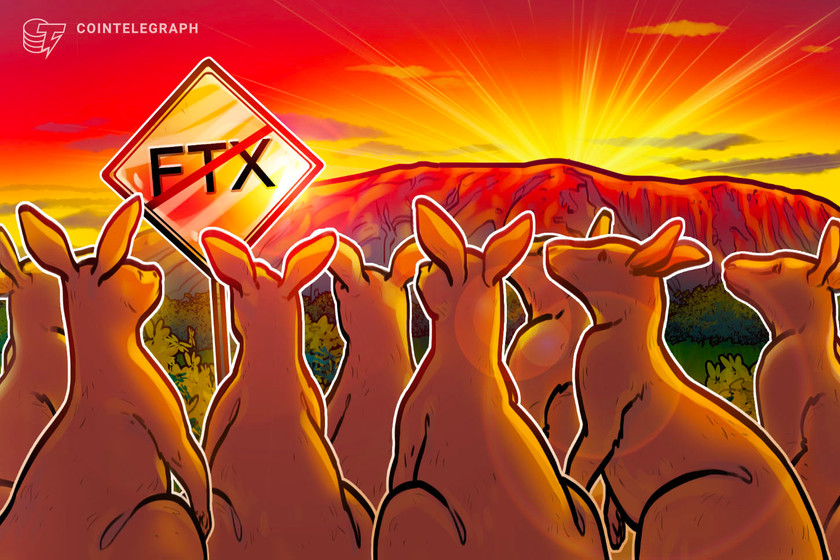Australia bolsters crypto watchdogs in ”multi-stage’ plan to fight scams



The new measures from the Australian government come as cryptocurrency scams skyrocketed 162% to $221 million in 2022.
The Australian government is bolstering its market regulator’s digital asset team as part of a “multi-stage approach” aimed at clamping down on crypto and ensuring proper risk disclosures from crypto firms.
A Feb. 2 joint statement by Australian Treasurer Jim Chalmers and Assistant Treasurer Stephen Jones explained that the new measures are aimed at protecting consumers dealing with cryptocurrency.
The treasurers said the multi-stage approach would involve three elements, including strengthening enforcement, bolstering consumer protection, and establishing a framework for its token mapping reform.
This is why we're taking action on crypto. pic.twitter.com/17HG5nhsTz
— Stephen Jones MP (@StephenJonesMP) February 2, 2023
One of the main changes will be an increase in the size of the Australian Securities & Investments Commission (ASIC)’s digital assets team and “upping enforcement measures.”
Chalmers and Jones said ASIC would focus on ensuring risks to consumers by crypto products and service providers are appropriately disclosed.
Cointelegraph reached out to ASIC to find out how many additional positions will be filled but did not receive an immediate response.
Meanwhile, the government is set to give new tools to the Australian Competition and Consumer Commission (ACCC), the country’s competition watchdog, to protect consumers from crypto-related scams. It noted scam losses through crypto payments totaled $221 million in 2022.
The new tool will come in the form of a real-time data-sharing tool that the ACCC will use to identify and prevent crypto scams.
Consumer protection will also be bolstered when a framework is finalized to regulate the licensing and custody of digital assets to “ensure consumers are protected from avoidable business failures or from the misuse of their assets by service providers.”
This framework will not however begin until mid-2023, and will likely take considerable time before it is implemented into legislation.
Related: An overview of the cryptocurrency regulations in Australia
“The previous government dabbled in crypto policy but never took the time to future‑proof our regulatory frameworks to protect consumers and guide this new and emerging class of assets,” said the treasurers, adding:
We are acting swiftly and methodically to ensure that consumers are adequately protected and true innovation can flourish.”
The Australian Treasury released its token mapping consultation paper on Feb. 2, which attempts to determine which elements of the cryptocurrency ecosystem will be regulated and to what extent.
Consultation open! Today we released the token mapping consultation paper. This consultation is part of a multi step reform agenda to develop an appropriate regulatory setting for the #crypto sector. Read paper & submit views @ https://t.co/4W2msjhP9B @ASIC_Connect @AUSTRAC pic.twitter.com/OGHuZEGvDp
— Australian Treasury (@Treasury_AU) February 2, 2023
The multi-stage approach plan was fast-tracked by the catastrophic collapse of FTX in November which impacted over 30,000 Aussies and 132 Australian-based companies.





